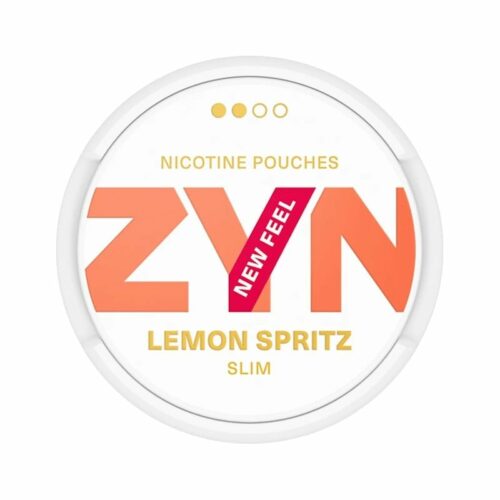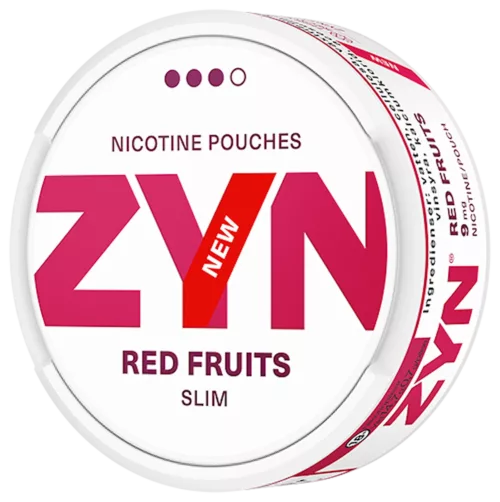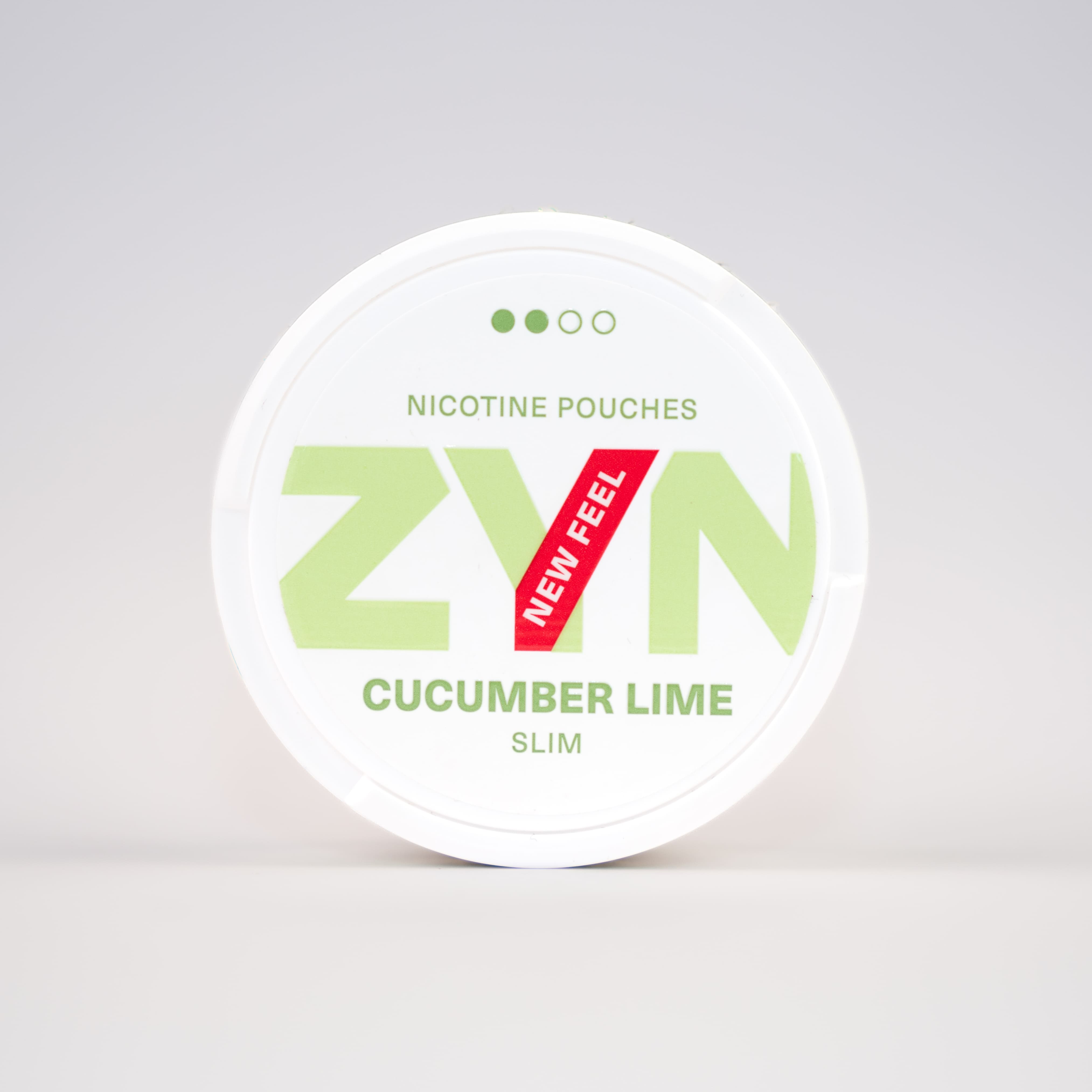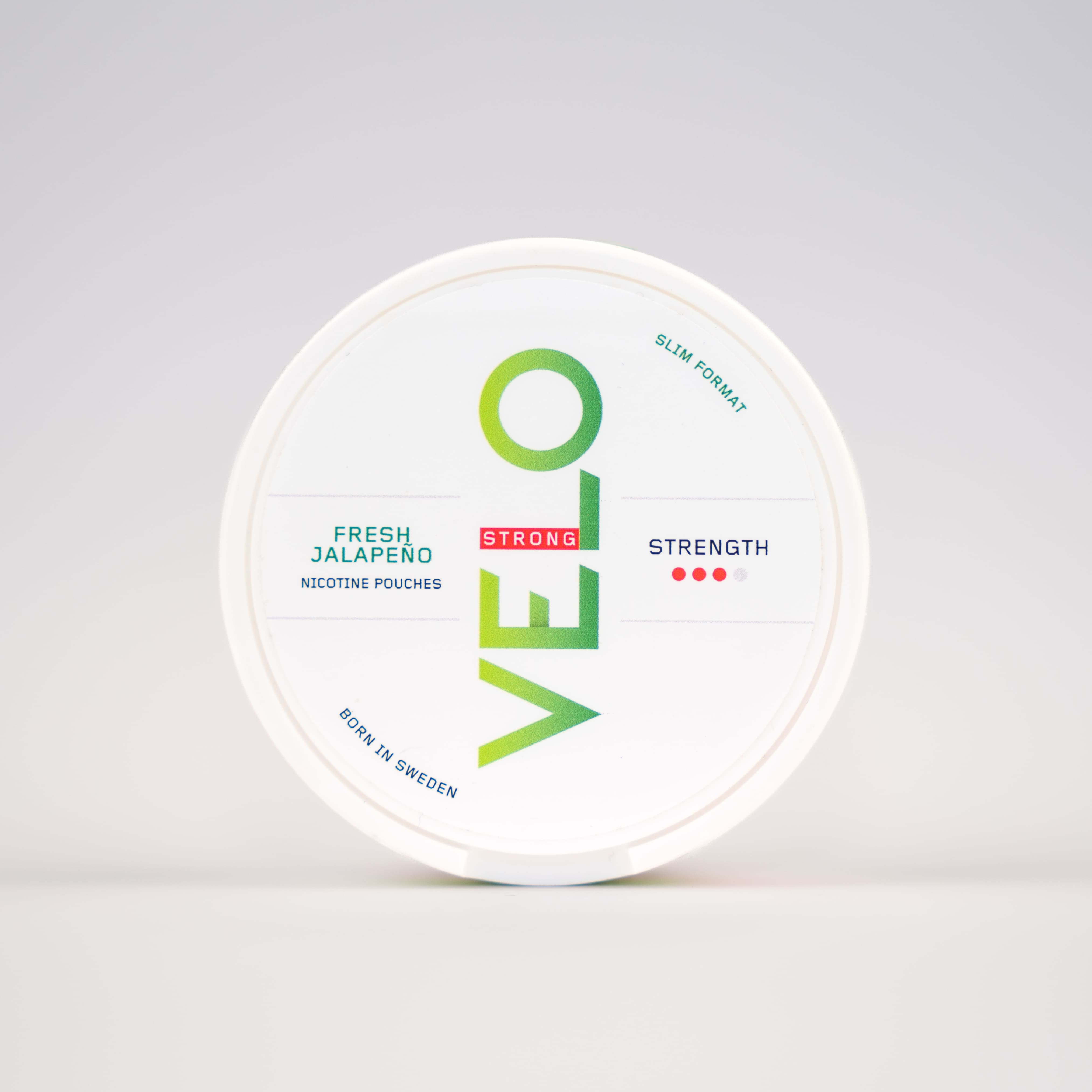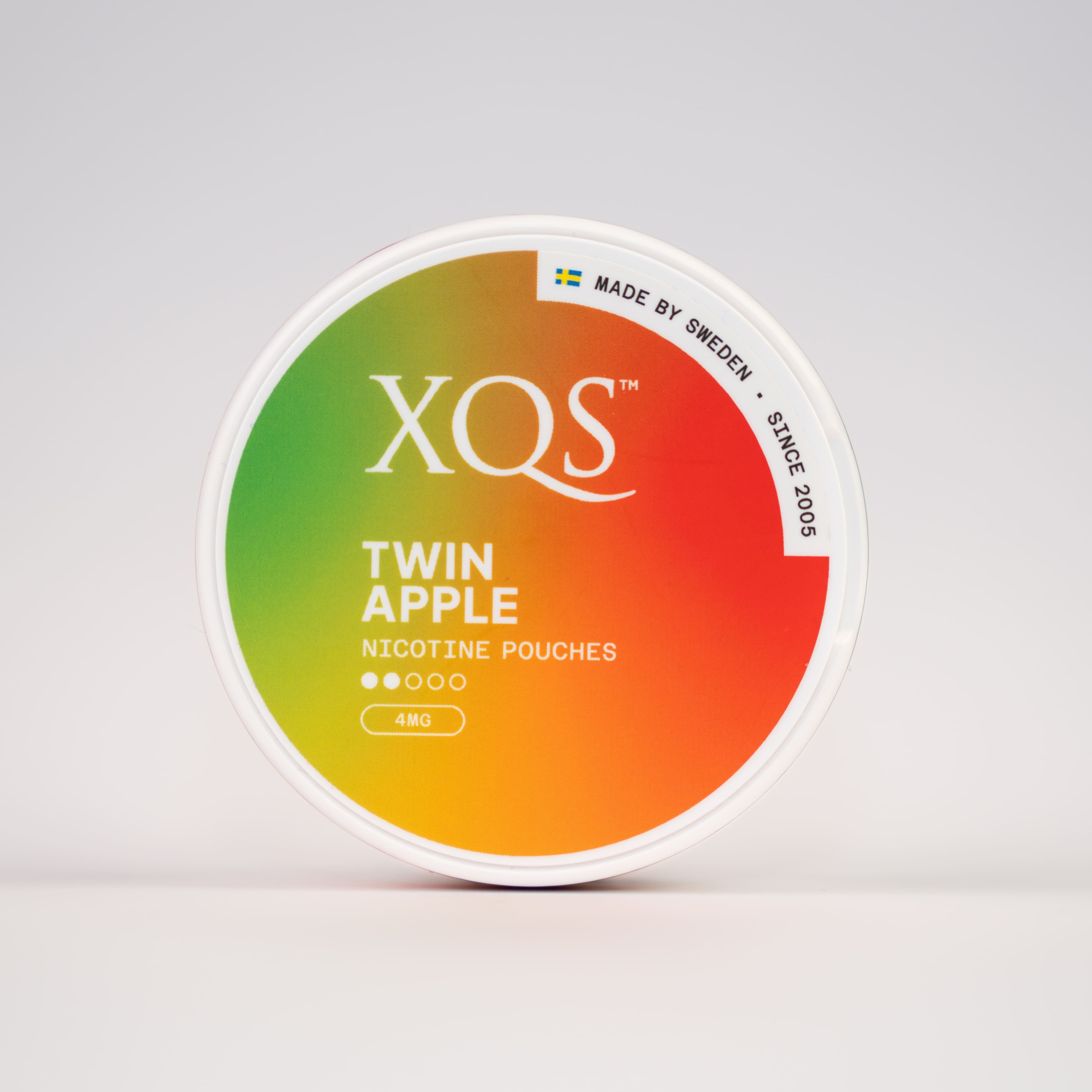Using Nicotine Pouches And Wisdom Teeth

Understanding Nicotine Pouches And Oral Health – Nicotine Pouches, Wisdom Teeth Removal, Dental Aftercare
Nicotine pouches have gained popularity as a smokeless alternative for those looking to manage their nicotine cravings without smoking. These pouches contain nicotine derived from tobacco but do not include the harmful tobacco plant material, which means they are often marketed as a safer option. However, users should be aware of how nicotine pouches can affect oral health, particularly after dental procedures like wisdom teeth removal. The use of nicotine pouches can have direct implications on healing after oral surgeries. Following wisdom teeth removal, it is essential to focus on dental aftercare to ensure proper recovery. Nicotine can constrict blood vessels, reducing blood flow to the healing tissues in the mouth, which can ultimately delay recovery and increase the risk of complications such as dry socket. Moreover, the ingredients found in nicotine pouches, including flavorings and sweeteners, can create an environment conducive to bacterial growth if used excessively. This could lead to infections or other oral health issues. It is crucial for individuals, especially those undergoing wisdom teeth removal, to consider the impact of nicotine pouches on their overall oral health and healing process. Understanding the effects of nicotine on your body is key to making informed decisions regarding the use of nicotine pouches. After wisdom teeth removal, dentists typically recommend refraining from nicotine products for at least a week to promote optimal healing and reduce the risk of adverse effects. Engaging with a healthcare professional is advisable to assess your situation and receive tailored guidance based on your recovery process. Impact of Nicotine on Recovery When considering nicotine pouches and wisdom teeth removal, it’s important to recognize how nicotine can impact the healing process. After a dental surgery, the body requires an adequate supply of blood to essential areas. Nicotine has vasoconstrictive properties, which means it can narrow blood vessels and inhibit blood flow. This reduction in circulation can hinder the delivery of necessary nutrients and oxygen to the surgical sites, delaying healing time.
Considering Nicotine Pouches Wisdom Removal,
Additionally, the presence of nicotine can suppress the immune system, leaving the body more susceptible to infections. This concern is particularly relevant following wisdom teeth removal, where surgical wounds are present and vulnerable to bacteria. Users of nicotine pouches may face a higher risk of complications than non-users, affecting their recovery timeline and overall comfort during the healing process. Furthermore, patients recovering from wisdom teeth removal are also advised to maintain a nutritious diet that promotes healing. The use of nicotine pouches might lead to decreased appetite or changes in taste, potentially impacting nutritional intake. It’s vital to prioritize both hydration and nutrition during recovery and consult with a healthcare provider to ensure that using nicotine pouches does not compromise one’s recovery efforts. The Importance of Dental Aftercare Effective dental aftercare is crucial after wisdom teeth removal, emphasizing the importance of following post-operative instructions from your dentist. This typically includes guidelines on diet, activity restrictions, and hygiene Routines. If you choose to use nicotine pouches, it should be done with caution and ideally be avoided altogether to promote a smooth recovery. After your procedure, your dentist will likely recommend avoiding any products that may irritate the surgical sites, including nicotine pouches. In addition, dental care should be thorough yet gentle during the healing period. Proper oral hygiene practices can help prevent infections and ensure the best possible healing conditions. If nicotine is part of your routine, consider discussing harm reduction strategies with your healthcare provider. Understanding your dependence on nicotine can also help you make better choices during recovery. If quitting is not an option, significantly reducing intake can still have positive effects on the healing process. During this time, prioritizing recovery should be the focus, and any adjustments to your routine should be made with that in mind. Long-Term Oral Health Considerations
Long-term Health Considerations
While nicotine pouches may seem like a viable alternative to smoking, it is essential to consider their long-term effects on oral health. Regular use of nicotine pouches can lead to oral health issues such as gum disease, tooth decay, or exacerbated dental problems in the future. These risks should be weighed heavily, especially in the context of recovering from wisdom teeth removal. The ingredients in nicotine pouches may contribute to a disruption in the natural balance of oral bacteria. This imbalance can lead to an increase in harmful bacteria, resulting in possible gingivitis, periodontal disease, or other serious oral health concerns. Thus, users should be vigilant, recognizing that the convenience of nicotine pouches comes with responsibilities regarding oral care. If you have a history of dental issues or ongoing concerns related to oral health, it is vital to consult with a dental professional before using nicotine pouches. A dentist can provide insights into how nicotine usage may interact with your unique oral health situation. Incorporating professional dental advice into your aftercare plan is crucial for achieving a healthy recovery and maintaining long-term well-being. Making Informed Decisions About Nicotine Use As patients navigate their recovery from wisdom teeth removal, making informed decisions about nicotine pouch usage is vital. While the alternative to smoking might seem safer, individuals must reflect on their overall health and recovery goals. Given the potential effects of nicotine on multifaceted aspects of recovery, those recovering from dental procedures should exercise caution. When assessing whether to use nicotine pouches after wisdom teeth removal, consider the timeline for healing stipulated by your dentist. Adhering to recommended aftercare guidelines allows for the best recovery outcomes. Furthermore, if you find yourself struggling with nicotine dependence, seeking alternative options such as nicotine replacement therapies with lower risks to oral health may be beneficial.
Assessing Whether Nicotine Pouches Wisdom
In conclusion, being proactive about your oral health is essential when considering nicotine pouch usage. Understanding the relationship between nicotine, wisdom teeth removal, and dental aftercare can lead to better recovery experiences and long-term health benefits. Engaging with healthcare professionals can help ensure that the choices you make align with your health needs, providing guidance for a smoother recovery while maintaining oral hygiene and well-being. Understanding Risks and Benefits As individuals weigh the risks versus benefits of using nicotine pouches, it’s important to recognize personal health goals and priorities. No matter the approach, one’s recovery from procedures like wisdom teeth removal is critical, and any additional factors should be considered carefully. Users should evaluate whether nicotine pouches pose an undue risk and if traditional habits can be modified in favor of better health outcomes. Transitions away from nicotine can be challenging, but are often worthwhile for those dedicated to improving oral health. Reducing or eliminating nicotine during the healing phase could enhance recovery efforts and minimize the chances of complications. By prioritizing self-care during this tender time, patients can positively influence their overall health trajectory. Alternatives to nicotine products, including behavioral support therapies, may offer support for those looking to quit. Many resources are available for individuals seeking assistance in managing dependency and fostering healthy habits, whether during dental recovery or as a long-term lifestyle choice. In making the commitment to health and recovery, focusing on holistic well-being should remain a central theme. By understanding the nuances of nicotine pouches and their interaction with oral health, particularly during recovery from wisdom teeth removal, individuals can make more informed choices. The goal should always be to support healing and overall health through careful and deliberative decision-making that prioritizes both immediate recovery and long-term wellness.
Key Statistics
The extraction of wisdom teeth is a common dental procedure that many people undergo, often in their late teens or early twenties. Statistics indicate that approximately 85% of individuals will require removal of one or more wisdom teeth during their lifetime due to potential complications such as impaction or decay. Post-surgery care is crucial, particularly in avoiding nicotine products such as pouches, which can impede healing. In fact, dentists recommend abstaining from nicotine for at least one week after the procedure to prevent complications like dry socket and infection.

